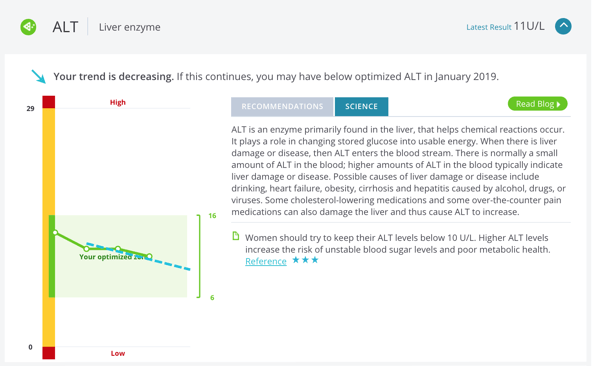Oxidized Cholesterol Strategy Review: Let's Explore The


Oxidized LDL Regulates Macrophage Gene Expression through Ligand Activation of PPARγ: Cell
Not known Factual Statements About Low Density Lipoprotein from Human Plasma, oxidized (OxLDL)
If you have high cholesterol or hypertension, your physician can check you to see if you have a high level of oxidized LDL in your body. A routine lipid profile blood test can give you amount to cholesterol results, however it does not test for oxidized cholesterol. A coronary artery calcium score CT scan can identify concealed cholesterol.

Analytical methods for cholesterol quantification - ScienceDirect
You may not reveal any signs, so it's crucial that you get regular physicals, specifically if you have any of the risk factors. Your physician can watch on your oxidized LDL levels and treat you to avoid it from worsening. Research study is still being conducted on oxidized LDL and the finest treatment.

Oxidized Cholesterol in the Diet Accelerates the Development of Aortic Atherosclerosis in Cholesterol-Fed Rabbits - Arteriosclerosis, Thrombosis, and Vascular Biology
Some Known Details About Is herbal tea real tea? What's the story of 'true tea'? L-theanine

Oxidized low-density lipoprotein (LDL) is a potentially hazardous kind of cholesterol that is produced in the body when normal LDL cholesterol is harmed by chemical interactions with complimentary radicals. Together with inflammatory responses, free radicals can lead to hardening of the arteries (atherosclerosis). The resulting reduction in blood flow in your arteries increases your possibilities of having a cardiac arrest or a stroke.
Westend61/ Getty Images How Oxidized LDL Kinds The oxidation of LDL is believed to take place when LDL cholesterol particles in your body react with complimentary radicals; unstable particles that are produced as a result of normal metabolism, a disease, or exposure to contaminants. Free radicals cause oxidation, a type of chemical destabilization of particles such as LDL cholesterol.
Unknown Facts About Shiel Medical Laboratory's Oxidized LDL Triple Marker Test
In specific, oxidized LDL is a threat to your cardiovascular health. LDL cholesterol particles are not all the exact same size, and some are larger than others. Smaller sized LDL particles are more likely to end up being oxidized, making them more harmful to your health. Check it Out that appear to increase the levels of oxidized LDL include: Consuming a diet plan that is high in trans fats Smoking Poorly managed diabetes Metabolic syndrome, which is typically a precursor of diabetes Exposure to contaminants through contamination and preservatives Stress Once LDL becomes oxidized, it inhabits the inner lining (endothelium) of the body's arteries, such as the carotid arteries, the coronary arteries, and arteries that supply blood to your legs and arms.
